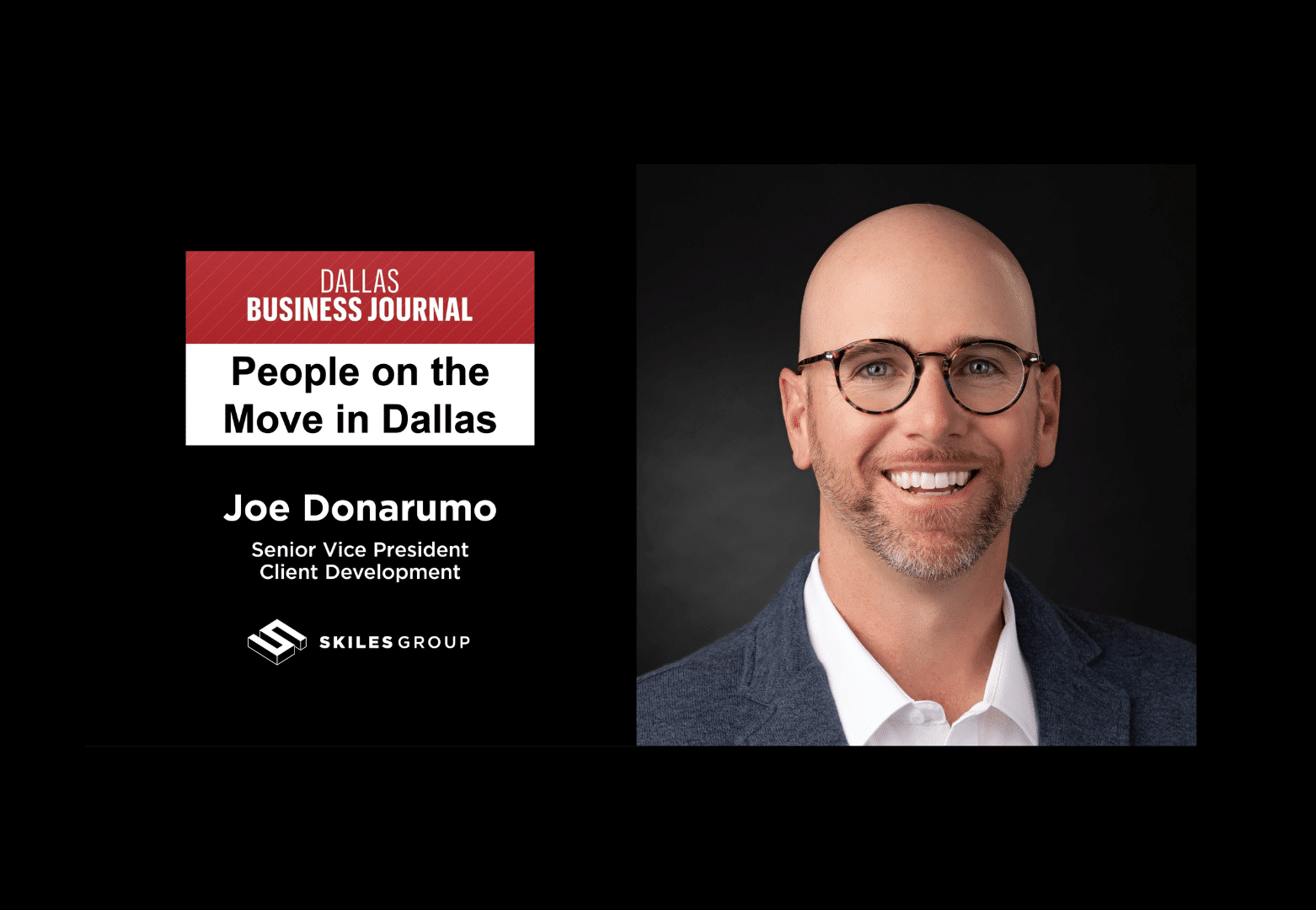There are a lot of heroes in our companies, but some are less noticeable. Their successes are quieter and less dramatic, but no less valuable.
We wear our long hours as a badge of honor in our industry, swapping tales of how we saved the day and what we endured to rescue a project from the jaws of failure. Throughout my career, I’ve shared war stories and heard my mentors’, peers’, and employees’ stories of how they solved critical issues on their wedding days or anniversaries, and even how they worked through the births of their children or grandchildren. Lost weekends, late nights, cancelled vacations, skipped birthday parties, and missed recitals or sporting events are portrayed as positives – hero stories as proof of selfless sacrifice. And then, when the deadline is met or the obstacle is overcome, those sacrifices are verbally appreciated, publicly celebrated, or even rewarded through promotions.
While I am always grateful for the efforts made to “save the day,” what I can’t get away from is the thought that this kind of reward-based perspective only reinforces the kinds of unhealthy, burnout-inducing behaviors we should want to help our people avoid. Worse, it normalizes the dysfunction or inadequacies that created the crisis, as though we should accept them as an inevitable part of our business. While it’s impossible to prevent everything that could possibly go awry – or that might require someone to go above and beyond to make right – when these things happen, we really should ask this question: What went wrong?
Or, asked differently: How could this have been prevented? Because looking for the root cause of problems in the post-mortem is great, but preemptively addressing them is much better. So, one thing I am trying to get better at is making sure we’re appreciating the other heroes in our company – the less visible ones, who are fighting fires in a very different way. Here are a few ideas around how we can do that:
- Reward those who excel with planning their projects well. Look for ways to identify and recognize those who are proactive with problem-solving and prepare their work accordingly. Find champions within your firm who excel with planning in the various aspects of their projects and let them share their tools, processes, and logic so others can see what successful planning should look like from the start.
- Publicize the hero stories where the dragon was strategically averted instead of fought. Let your team publicly share how they foresaw an issue and avoided or minimized it; quarterly meetings are great opportunities for this. Elevate those who display evidence of their smart preparation and consideration, and celebrate those kinds of wins just as enthusiastically. (And be sure to document those valuable lessons learned for future sharing, so those stories don’t get lost.)
- Make sure you don’t celebrate long hours. The next time someone pulls an all-nighter, help them explore what got the project into that predicament to begin with. An unreliable schedule? Not holding trade partners accountable? Rework? Working hard and serving with passion are different from being unprepared and putting the project team in a position where everyone needs to work twice as long to save the day. Let them see that you care more about how they could have prevented the crisis than about how they resolved it.
A consistently healthy work/life balance will always be a challenge in our industry, but that doesn’t mean we can’t challenge the status quo and do better. That starts with looking at the routine behaviors we have established, the norms we have accepted without thinking, and the assumptions we subconsciously make. There are a lot of heroes in our companies but not all of them are so visible, because their successes are quieter and less dramatic, but no less valuable by any means.
This article was written for The Zweig Letter; you can read it here: https://thezweigletter.com/are-you-rewarding-the-wrong-heroes/




